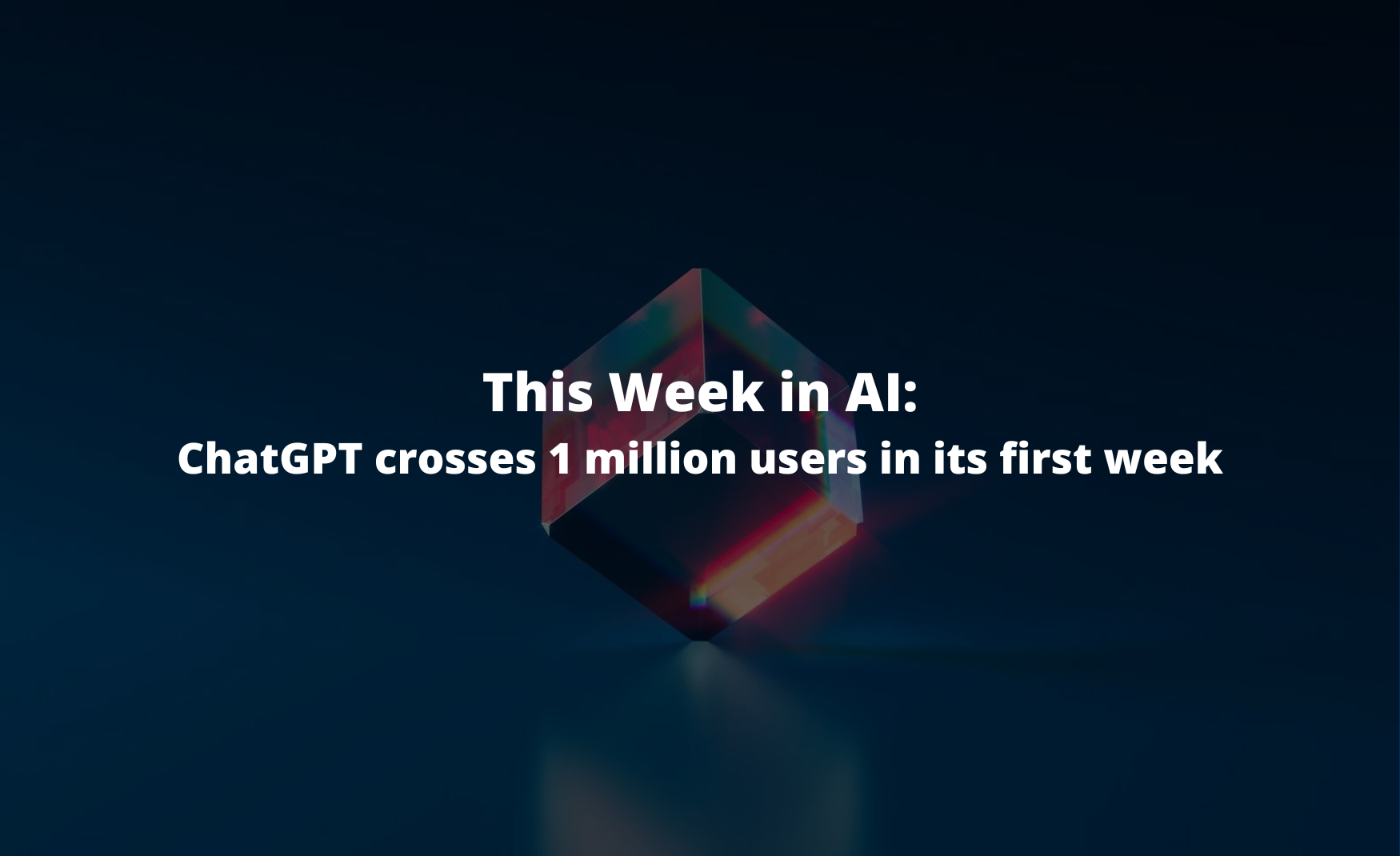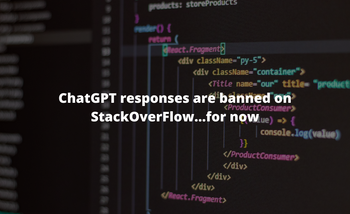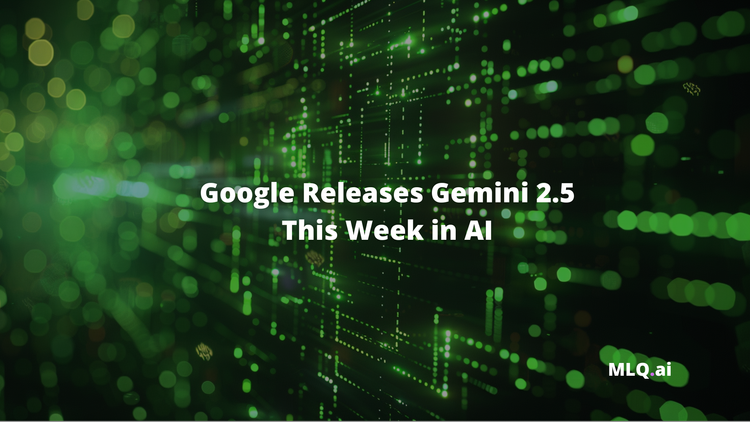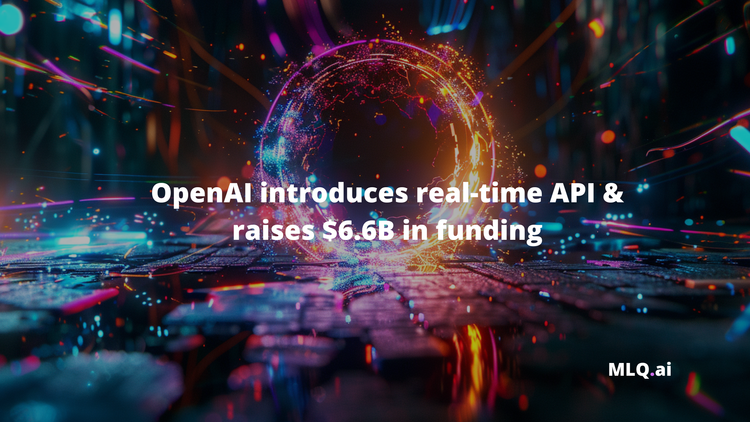This week in AI the big news is...you guessed it: ChatGPT.
ChatGPT hits 1 million users in its first week
This week in AI, ChatGPT, the prototype AI chatbot developed by OpenAI, has been making headlines and taking social by storm as it hits 1+ million users in its first week.
Crossing 1 million users in the first week, this chatbot is undoubtedly one of the major milestones & turning points in mainstream consumer usage of AI and large language models...
ChatGPT launched on wednesday. today it crossed 1 million users!
— Sam Altman (@sama) December 5, 2022
Elon also asked what the average cost per user is, Sam responded:
...average is probably single-digits cents per chat; trying to figure out more precisely and also how we can optimize it.
Subscribe now
What is ChatGPT?
From our article on What is ChatGPT? (and of course, partially summarized by ChatGPT):
- ChatGPT is a prototype AI chatbot developed by OpenAI
- It has the ability to understand natural human language and generate detailed human-like written text
Uses of ChatGPT
- It has been hailed as a potential rival to Google, capable of providing detailed answers to complex queries
- Some potential real-world uses for ChatGPT include generating website content and responding to customer inquiries
ChatGPT has crossed 1M+ users in just 5 days.
— Aleksandr Volodarsky 🇺🇦 (@volodarik) December 8, 2022
To compare, it took Netflix 41 months, FB - 10 months, and Instagram - 2.5 months.
But many haven’t yet realized its full potential.
Here are the 10 mindblowing things you can do using it right now:
How does ChatGPT work?
- ChatGPT has been trained on a vast corpus of internet text and uses reinforcement learning from human feedback (RLHF)
- ChatGPT is a Large Language Model (LLM), which is a class of AI model trained on a large dataset of text data
- LLMs are commonly used for natural language processing tasks such as language translation and text generation
- ChatGPT is an iteration of the GPT family of text-generating AI models
- It was fine-tuned from a model in the GPT-3.5 series, which completed training in early 2022
Limitations of ChatGPT
- ChatGPT's knowledge base only extends up until 2021, which means it may be unable to answer certain queries
- It has been known to produce incorrect or nonsensical responses, and may present misinformation as factual
What is prompt engineering?
- To improve its performance, ChatGPT uses techniques such as prompt engineering and zero-shot learning
- Prompt engineering involves carefully designing input prompts for the chatbot to increase the likelihood of accurate responses
- Zero-shot learning involves training the chatbot to generate responses to inputs it has never seen before
Despite its limitations, ChatGPT undoubtedly has the potential to revolutionize the field of artificial intelligence and change the way us mere mortals interact with machines.
Here are a few other great articles about ChatGPT this week:
Nobody is prepared for how AI will transform academia.

As ChatGPT (built on GPT-3.5 architecture) continues to make waves across the globe, OpenAI has subtly launched the second version of Whisper, an open-sourced multilingual speech recognition model.
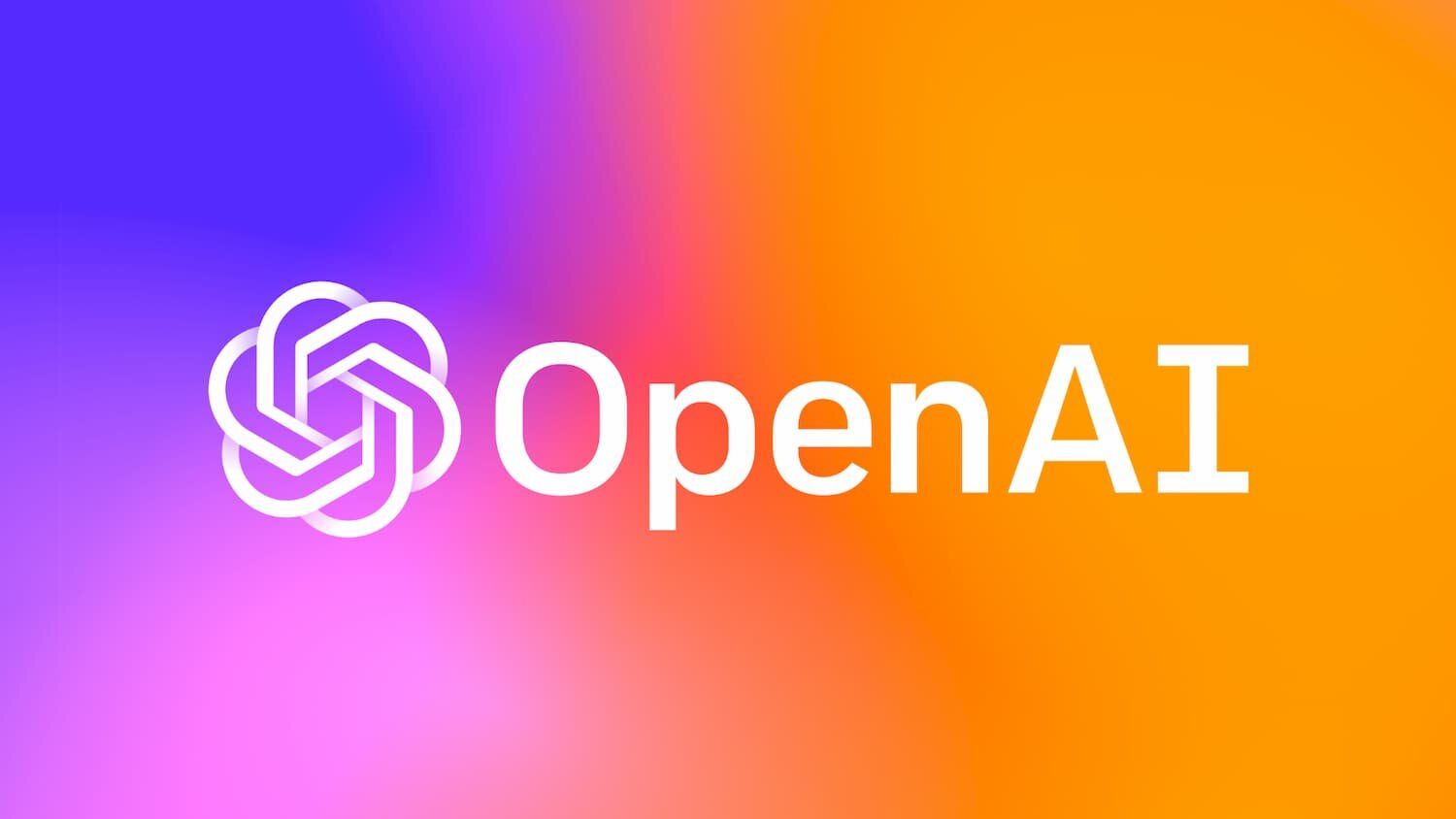
That's it for this edition of This Week in VC, if you were forwarded this newsletter and would like to receive it you can sign up here.

